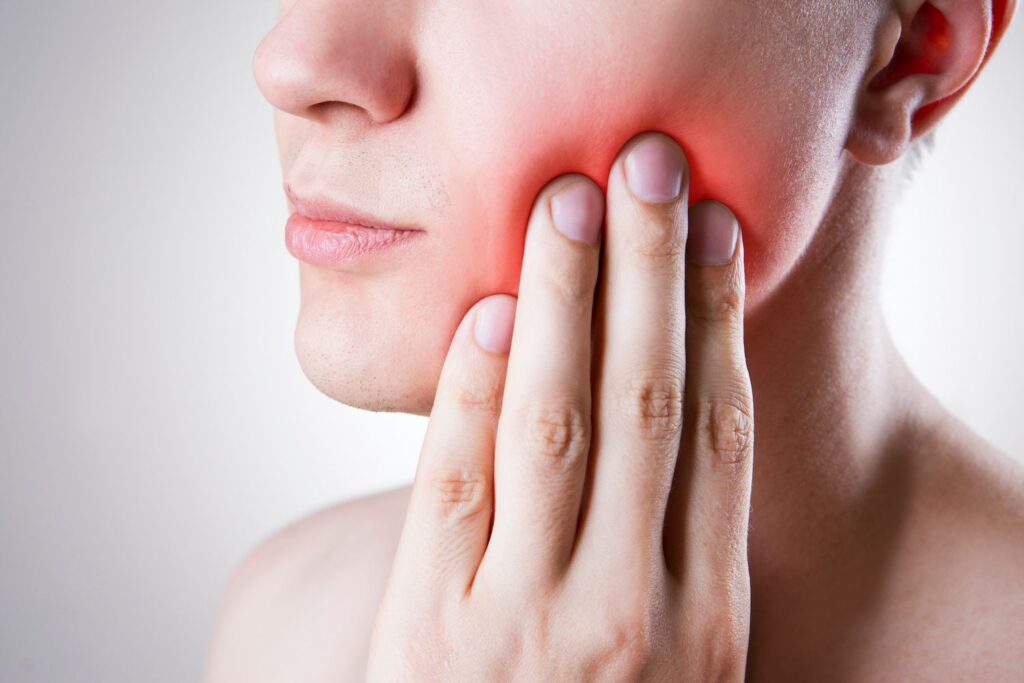If your tooth sustains significant damage, your dentist might need to pull it and remove it from your mouth to prevent harm from extending to your other teeth and the rest of your smile. You can anticipate some downtime as your mouth heals from this tooth extraction. You may also notice a blood clot will develop on the healing surgical site in your mouth.
Your dentist will instruct you not to disturb the clot in any way. If it dislodges, you could expose the underlying bone and nerves, which results in a painful condition called dry socket.
You will need urgent dental attention to treat this problem, so ideally, you should make efforts to prevent forming it. Read on to find three tips provided by your dentist that will help you avoid dry socket as you recover from a tooth extraction procedure.

Practice Careful Oral Hygiene
After a tooth extraction, you should not skip your oral hygiene routine. This regimen is crucial in removing harmful plaque and other particles that encourage bacterial spread. Neglected oral hygiene will not only put your remaining teeth in danger, but it will also heighten your risk of infection at the surgical sites.
However, you must be careful when brushing your teeth and flossing near these sites. Use gentle movements and avoid directly touching the healing blood clots at these sites. Otherwise, you could develop dry socket.
Your dentist will provide you with aftercare instructions that will include safe methods of completing oral hygiene during your oral surgery recovery. These guidelines will also include pain management advice to ensure you do not feel too sore as you heal. If the pain feels severe and does not respond to your dentist’s tips, call your dentist because this could be dry socket.
Avoid Oral Sucking Motions
When you perform a sucking motion with your mouth, the combination of airflow and muscle movement will present a high risk of disturbing a healing blood clot at a tooth extraction site. Spitting comes with a similar danger. So for this reason, a dentist will ask you to avoid using a straw or other sucking and spitting actions for at least a week after an extraction procedure.
Smoking also creates this danger of dry socket. So you will need to stop this habit while you heal from this oral surgery. To make it easier to abstain from smoking, you may want to cut back on this behavior prior to your dental procedure.
Stick to a Soft-Textured Diet
Your mouth may feel sore when you return home after a tooth extraction and anesthetics wear off. It may feel more comfortable to stick to eating soft-textured foods on this first day. But this precaution also can help you avoid dry socket.
Hard, sticky, and chewy foods could easily harm a healing blood clot and lead to dry socket. For at least 24 hours, consume softer foods to protect your smile. Examples of safe, soft foods include oatmeal, yogurt, and mashed potatoes. After this point, you may introduce more solid foods to your diet. But revert back to soft options if you notice any pain.
